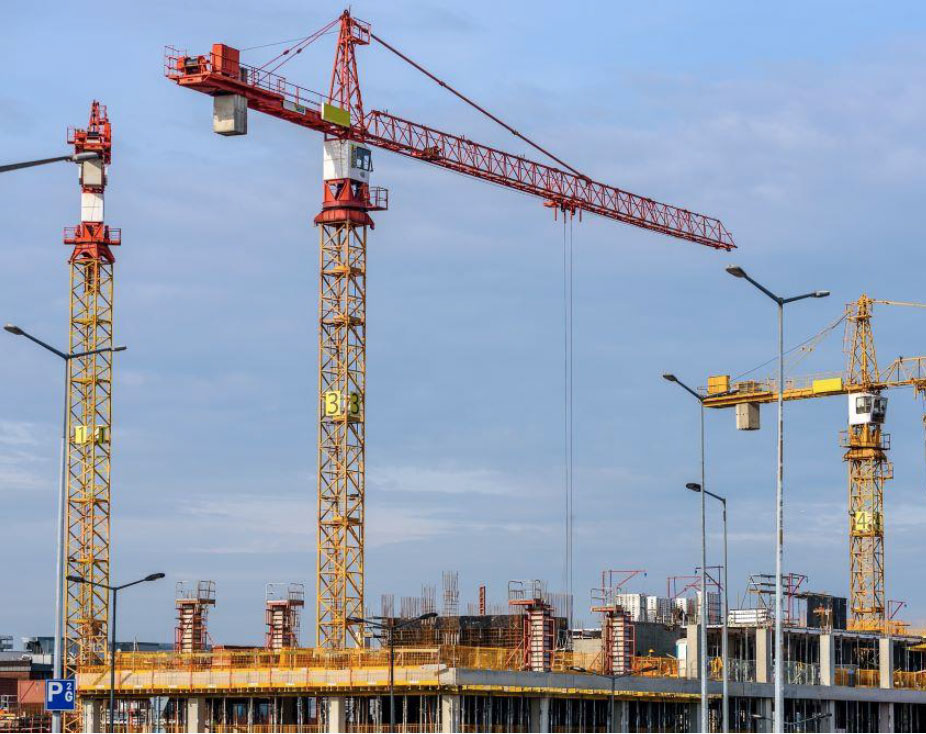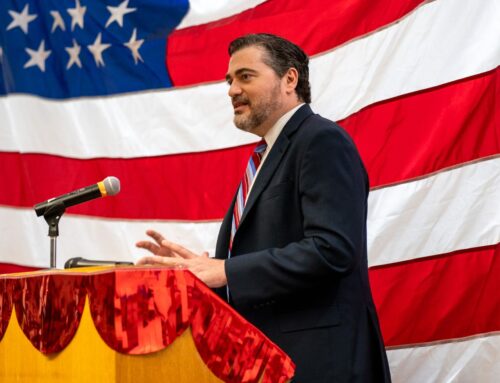Attorney George Breur with Mark Migdal & Hayden in Miami said it’s likely the influence of large community builders and their insurers trying to limit their risk and exposure.
“I get that builders don’t want perpetual liability,” he said, “but I think the 10-year statute of repose strikes a good balance, considering that most major construction defects don’t manifest and won’t be discovered until four to seven years after completion of the job.”
According to an analysis of SB 736 by attorney Ralf Rodriguez in Cozen O’Connor PC’s Miami office, claims could still move forward under the regulation after 10 years in situations of fraud or a tolling of the four-year statute of limitations.
Previous efforts to change the laws, Breuer said, have been unsuccessful, and he expects the same outcome for this latest attempt.
“Frankly, I don’t think that it is good public policy to foist the risk of a major structural defect onto an unsophisticated and unassuming home buyer,” he said.
Hearings regarding the bill come not too long after the June 2021 collapse of the 40-year-old Champlain Towers South in Surfside, Florida. There are several, potential responsible factors for the failure under investigation including water intrusion and corrosion of structural supports in the beachfront building’s parking garage, alleged corruption on the part of building inspectors at the time and the absence of the required amount of steel reinforcement.
The collapse of the 12-story structure took only seconds and killed 98 people. The brother of one of the victims testified against passage of the SB 736 at a Florida Senate Committee on Judiciary hearing in November.
The Florida Senate Committee on Community Affairs will take up the issue as early as this month.
Other proposed changes to the state’s construction defect laws under SB 736 include requiring a claimant to detail the reasons for rejecting a settlement offer and to give the contractor an opportunity to make a supplemental offer. A Senate staff analysis of the bill said that the new law would also “help encourage” claimants to accept a reasonable offer for defects by making them, in some cases, ineligible for an award of legal fees.




